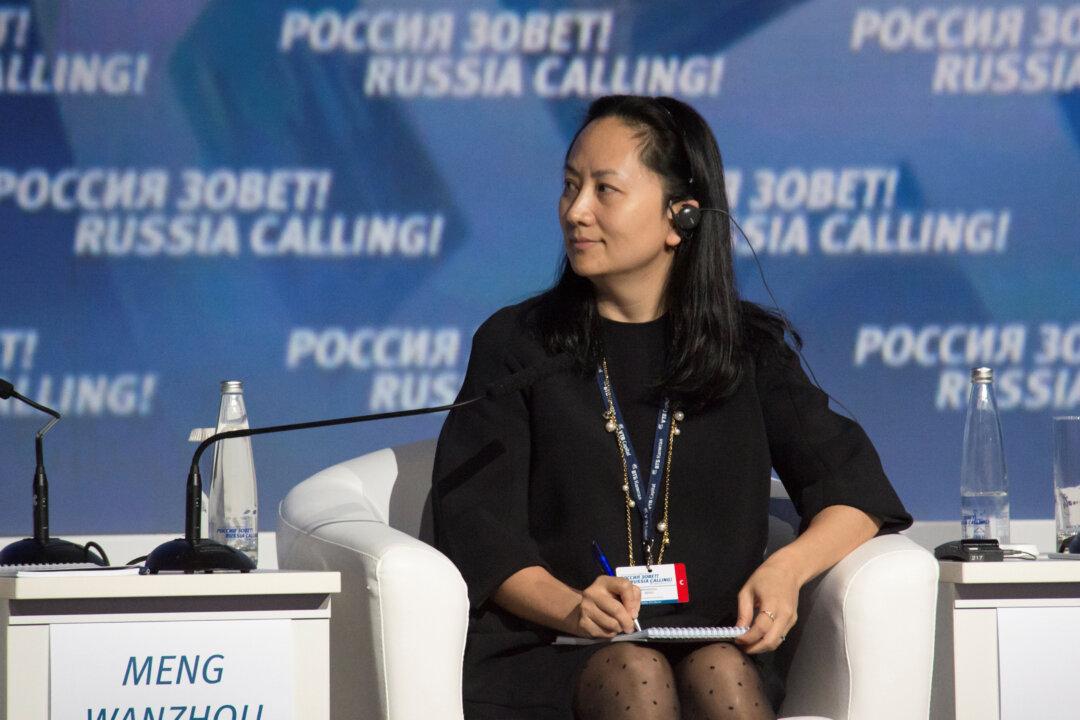VANCOUVER/BEIJING—The daughter of Huawei’s founder, a top executive at the Chinese technology giant, was arrested in Canada and faces extradition to the United States, roiling global stock markets as it threatened to inflame Sino-U.S. trade tensions afresh.
The shock arrest of Meng Wanzhou, 46, who is Huawei Technologies Co Ltd’s chief financial officer, could have repercussions for the 90-day truce on trade struck between U.S. President Donald Trump and Chinese leader Xi Jinping on Dec. 1—the day she was detained.





